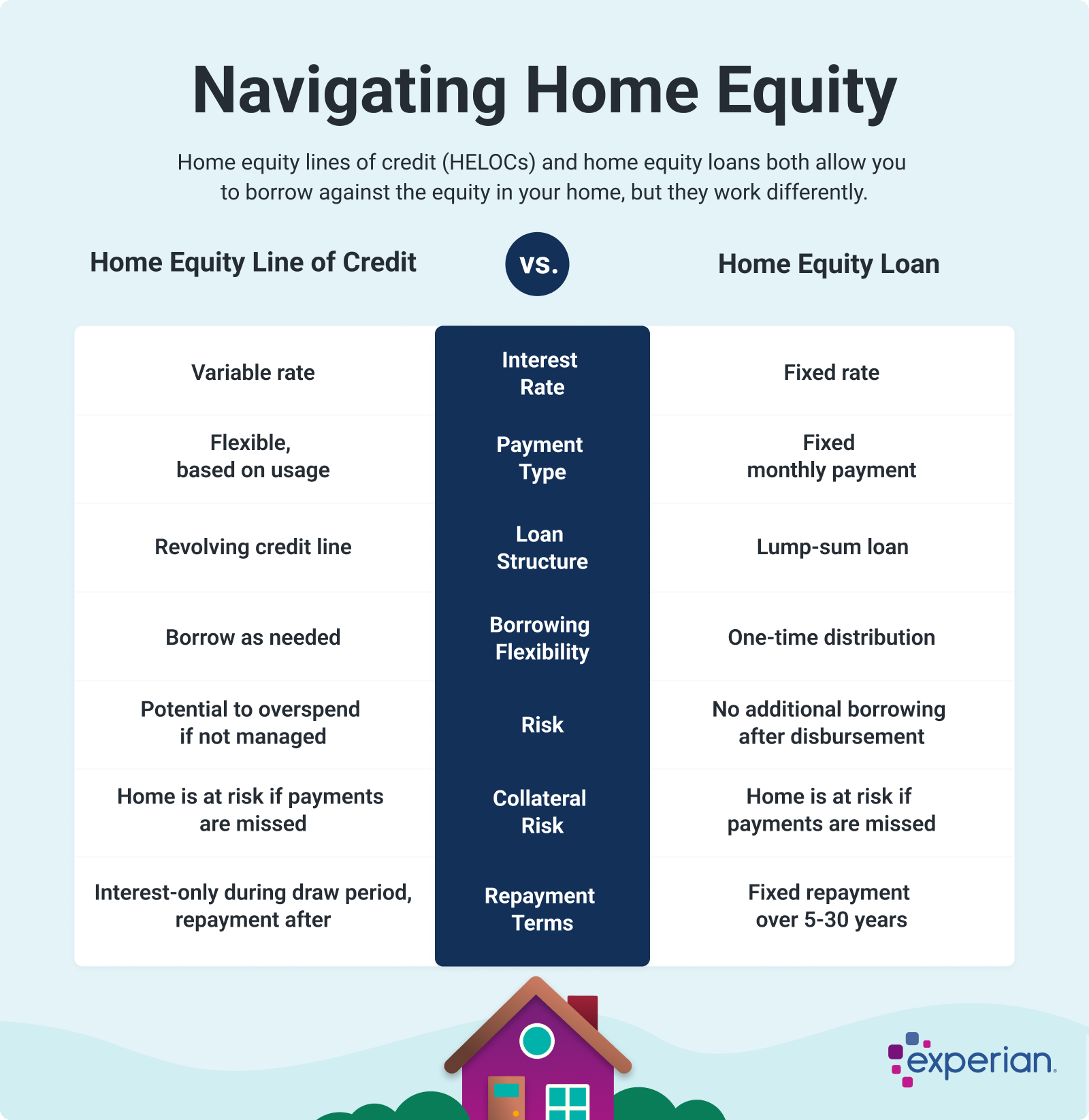Exploring the Various Sorts Of Equity Release Mortgages Available Today
Equity Release mortgages existing different choices for property owners aged 55 and over. equity release mortgages. These financial items satisfy various requirements and choices, allowing individuals to accessibility funds from their building. From lifetime home mortgages to common recognition mortgages, each kind offers unique advantages. Recognizing these options is essential for making educated decisions. What variables should one think about when picking the most appropriate equity Release strategy? The details that comply with might shed light on this crucial subject
Comprehending Equity Release Mortgages
Equity Release mortgages supply homeowners, generally those aged 55 and over, with a method to access the worth locked up in their property without requiring to market it. This financial choice enables people to transform a portion of their home equity into money, which can be made use of for different purposes, such as home enhancements, repaying financial debts, or funding retirement.Equity Release can take various types, yet it fundamentally involves borrowing against the value of the home while keeping ownership. Property owners can choose to receive a round figure or a series of smaller sized payments, depending on their economic demands and preferences.Additionally, the amount offered for Release is influenced by the home's value, the house owner's age, and certain loan provider standards. On the whole, understanding equity Release home loans is necessary for property owners to make enlightened decisions regarding taking advantage of their home's equity while considering the long-term implications.
Life time Mortgages
Lifetime mortgages stand for one of the most prominent kinds of equity Release. This financial item allows home owners, commonly aged 55 or older, to borrow against the value of their residential or commercial property while preserving ownership. The financing, which is safeguarded against the home, accrues passion with time however does not call for regular monthly repayments. Rather, the lending and accumulated rate of interest are paid back when the property owner dies or relocates into long-term care.Lifetime home loans supply adaptability, as customers can pick to get a swelling sum or select a drawdown facility, accessing funds as required. Notably, lots of strategies included a no-negative-equity guarantee, ensuring that consumers will certainly never owe greater than the value of their home. This attribute gives assurance, allowing individuals to enjoy their retirement without the worry of depleting their estate. Overall, life time home loans act as a viable alternative for those seeking financial support in later life.
Home Reversion Plans

Drawdown Lifetime Mortgages
While several house owners seek means to access their riches, drawdown life time mortgages present a versatile choice that permits people to Release funds gradually. This kind of equity Release home loan allows home owners to obtain versus the worth of their home while keeping ownership. Unlike conventional life time mortgages, drawdown plans permit customers to access a part of their equity upfront and take out additional funds as needed, up to a fixed limit.This function can be especially useful for those who wish to handle their financial resources meticulously, as it decreases passion buildup by just charging rate of interest on the amounts drawn. Furthermore, drawdown lifetime mortgages frequently come with a "no unfavorable equity warranty," guaranteeing that debtors will never owe greater than their home's value. This alternative suits retired people that want economic protection and adaptability, enabling them to meet unanticipated expenditures or maintain their way of living without having to sell their building.
Improved Lifetime Mortgages
Improved Lifetime Home loans supply distinctive advantages for qualified home owners looking for to Release equity from their properties. Comprehending the qualification requirements is essential, as it determines who can profit from these specialized financings. It is also crucial to evaluate the prospective drawbacks connected with boosted options, making sure an all-around viewpoint on their use.
Eligibility Standards Discussed
Understanding the eligibility standards for Enhanced Lifetime Mortgages is necessary for potential applicants looking for to access the equity in their homes. Typically, applicants need to be aged 55 or older, as this age demand is basic in the equity Release market. Home owners should possess a building valued at a minimum limit, which can differ by loan provider. Significantly, the residential or commercial property should be their primary home and in excellent problem. Lenders typically assess the home owner's health status, as certain health and wellness conditions may improve qualification and advantages. Additionally, applicants ought to not have existing significant financial debts safeguarded against the building. Meeting these standards enables people to check out Enhanced Life time Home loans as a practical choice for accessing funds linked up in their homes.
Benefits of Boosted Mortgages
After clearing up the eligibility criteria, it ends up being noticeable that Improved Lifetime Home loans supply several considerable advantages for property owners wanting to take advantage of their property equity. Mostly, they supply accessibility to a bigger funding amount contrasted to basic life time link home loans, benefiting those with health problems or age-related aspects that enhance their life span threat. This enhanced loaning ability enables house owners to meet different financial demands, such as home improvements or retired life costs. Additionally, these home mortgages usually include versatile settlement choices, allowing debtors to handle their finances extra properly. The no-negative-equity assurance further guarantees that property owners will certainly never owe more than their residential or commercial property's worth, offering comfort. On The Whole, Improved Lifetime Home loans present an engaging alternative for qualified house owners seeking monetary remedies.
Possible Disadvantages Considered
While Boosted Lifetime Home loans supply numerous advantages, possible downsides require careful consideration. One considerable issue is the impact on inheritance; the equity released reduces the worth of the estate entrusted to recipients. Furthermore, these home loans can accumulate significant rate of interest in time, leading to a significant financial obligation that might exceed the initial funding amount. There might additionally be constraints on home modifications or rental, restricting property owners' adaptability. Moreover, enhanced products frequently need particular health and wellness conditions, indicating not all home owners will certify. Lastly, managing the costs and costs connected with these home mortgages can be complex, potentially causing unexpected costs. Therefore, people need to thoroughly examine their circumstance and speak with economic consultants before continuing.
Shared Appreciation Home Loans
Shared Gratitude Home mortgages represent an unique economic setup that permits homeowners to access equity while sharing future home value boosts with the loan provider. This technique offers possible benefits such as minimized monthly payments, however it also includes drawbacks that need to be carefully thought about. Understanding the qualification requirements is crucial for those thinking about this choice.
Idea Review
Equity Release home loans, particularly in the kind of common admiration home loans, use homeowners a distinct monetary service that enables them to accessibility funds by leveraging the value of their home. In this arrangement, a lending institution supplies a car loan to the house owner, which is commonly repaid with a share of the residential property's future admiration in worth. This means that when the property owner sells the home or passes away, the loan provider gets a portion of the boosted value, instead of just the preliminary finance quantity. Shared appreciation home mortgages can be appealing for those wanting to supplement their revenue or financing substantial costs while preserving ownership of their home. Nonetheless, the monetary effects of shared recognition must be Resources very carefully considered by prospective consumers.
Benefits and Drawbacks
Although common appreciation home loans can give significant financial advantages, they additionally come with noteworthy downsides that potential consumers must think about. These mortgages allow property owners to gain access to equity in their residential or commercial properties while sharing a part of any type of future recognition with the lending institution. This setup can be valuable throughout times of climbing residential property values, using significant funds without month-to-month payments. However, the primary downside is the potential loss of equity; home owners might finish up with substantially minimized inheritance for successors. In addition, the complexity of the terms can lead to misconceptions relating to settlement obligations and the percentage of recognition owed. It is crucial for consumers to evaluate these factors meticulously before dedicating to a shared appreciation home loan.

Eligibility Needs
What standards must home owners meet to get a common gratitude home loan? Mostly, prospects must be at least 55 years old, ensuring they are within the target group for equity Release items. In addition, the residential property must be their primary residence and normally valued over a defined minimum threshold, often around ? 100,000. Lenders additionally analyze the home owner's financial circumstances, consisting of income and arrearages, to determine they can manage the mortgage responsibly. Importantly, the home should remain in great problem and totally free from substantial lawful encumbrances. Homeowners should also have a clear understanding of the terms, consisting of just how recognition will certainly be shown the loan provider upon sale or transfer of the residential property, as this affects overall returns.
Choosing the Right Equity Release Choice

Often Asked Questions
What Age Do I Required to Be for Equity Release?
The age demand for equity Release generally starts at 55 for the majority of plans. However, some companies may use alternatives for those aged 60 and above, reflecting differing terms based on private scenarios and lending institution policies.
Will Equity Release Impact My Inheritance?
Equity Release can influence inheritance, as the amount borrowed plus passion minimizes the estate's value. Beneficiaries might get less than expected, relying on the home's gratitude and the total financial debt at the time of passing.
Can I Move House With Equity Release?
The inquiry of moving residence with equity Release arises frequently. Normally, individuals can move their equity Release plan to a new residential property, but specific terms might use, calling for assessment with the loan provider for assistance.
Are There Charges Connected With Equity Release Mortgages?
Fees related to equity Release home mortgages can consist of setup costs, evaluation costs, and lawful prices. Furthermore, there may be very early repayment costs, which can influence the general expense and financial implications for the borrower.
Just How Does Equity Release Impact My Tax Obligation Circumstance?
Equity Release can influence one's tax scenario by possibly boosting taxable revenue, as launched funds are considered funding. It normally does not incur instant tax liabilities, making it important to get in touch with a monetary advisor for personalized advice.
Final thought
In recap, the selection of equity Release home loans available today uses homeowners aged 55 and over numerous pathways to access their residential property's value - equity release mortgages. Whether selecting a life time home mortgage, home reversion plan, or other alternatives, each choice offers distinct benefits customized to individual financial needs. Mindful consideration and examination with an economic advisor are vital to assure the chosen equity Release service lines up with personal goals and financial circumstances, eventually facilitating educated decision-making for a safe and secure economic future. Equity Release home loans existing various choices for property owners aged 55 and over. Equity Release mortgages give home owners, normally those aged 55 and over, with a method to access the worth linked up in their building without needing to sell it. Boosted Lifetime Mortgages provide distinct advantages for eligible house owners seeking to Release equity from their buildings. Equity Release home loans, especially in the type of shared gratitude mortgages, supply house owners a special monetary service that allows them to accessibility funds by leveraging the value of their residential or commercial property. In recap, the selection of equity Release mortgages available today supplies house owners aged 55 and over several website here pathways to access their residential property's value